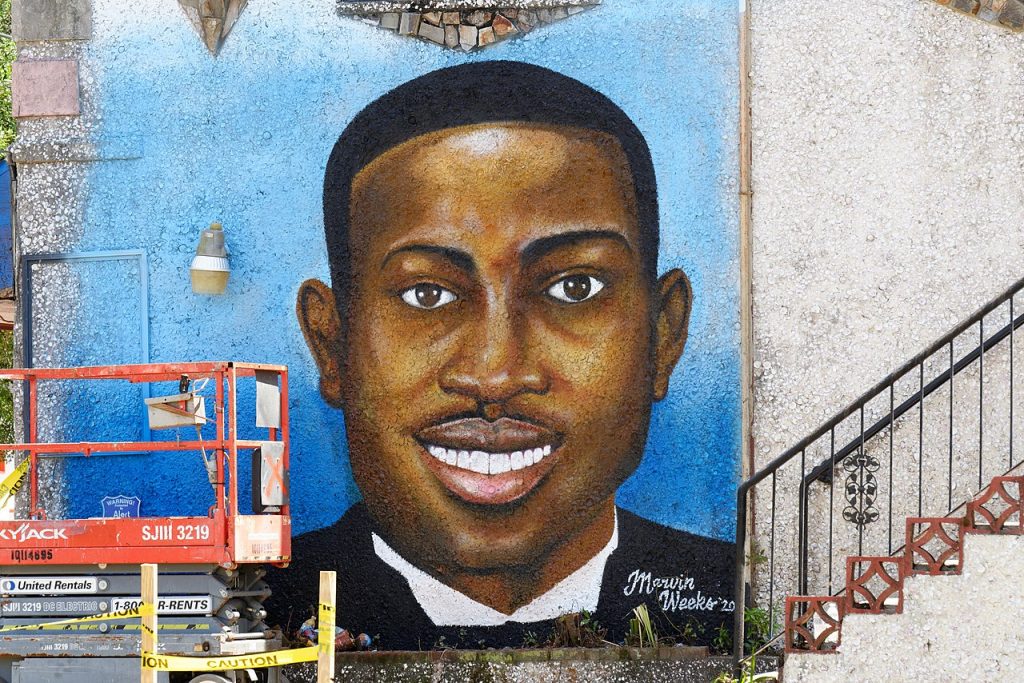‘Long Way To Go’ After Conviction of Ahmaud Arbery’s Murderers, Say Legal Experts
What do cases like these expose and teach about the double standards and disparities that exist in our criminal legal system — and what do they not tell us?

Last week, a jury handed down 23 guilty verdicts against the three white men who murdered Ahmaud Arbery in Glynn County, Georgia, last year. Travis McMichael, Gregory McMichael and William “Roddie” Bryan all now face mandatory sentences of life in prison. It will be up to a judge to decide whether their sentences are served with or without the possibility of parole.
“When I heard the verdicts, I felt a huge sense of relief. Because before the verdicts were announced, even though I thought the prosecution had proven its case beyond a reasonable doubt, you just never know what a jury will do.” –Cynthia Lee, George Washington University Law School
The verdicts come a week after a jury in another high-profile case acquitted Kyle Rittenhouse of murder in Kenosha, Wisconsin. These cases have become flashpoints in conversations around race, policing and our criminal legal system in America. But what do cases like these expose and teach about the double standards and disparities that exist — and what do they not tell us?
Listen: Legal experts react to the convictions of the three men convicted in the murder of Ahmaud Arbery.
Guests
Yasmin Cader is deputy legal director at the American Civil Liberties Union and director of the ACLU’s Trone Center for Justice and Equality. In an op-ed, she writes that “measuring progress solely by the outcome of trials risks both ignoring the importance of greater systemic change and compromising fairness in the criminal legal system.”
“What we witnessed was really, I think, for many, a historical anomaly, and that is that a nearly all-white jury in the deep south convicted three white defendants in what I think we need to call a lynching of Ahmaud Arbery,” Cader says. “And the reason this was such an anomaly is not just history, but what we learned here was that this case almost did not even come to trial.”
Many will say the guilty verdicts in the murder of Ahmaud Arbery “is a barometer for how far we’ve come since the racial reckoning that was sparked by George Floyd’s murder and Breonna Taylor’s murder,” Cader says. “But in my opinion, that would be a mistake because we have such a long way to go as a nation to live up to our principles of equal justice.”
Cynthia Lee is a professor of law at George Washington University Law School, an expert on race and self-defense. She has an op-ed in POLITICO Magazine titled
“Ahmaud’s Killers Are Guilty, But Trayvon’s Shooter Went Free. Here’s Why.”
“When I heard the verdicts, I felt a huge sense of relief. Because before the verdicts were announced, even though I thought the prosecution had proven its case beyond a reasonable doubt, you just never know what a jury will do,” says Lee.
Trusted, accurate, up-to-date.
WDET strives to make our journalism accessible to everyone. As a public media institution, we maintain our journalistic integrity through independent support from readers like you. If you value WDET as your source of news, music and conversation, please make a gift today.
